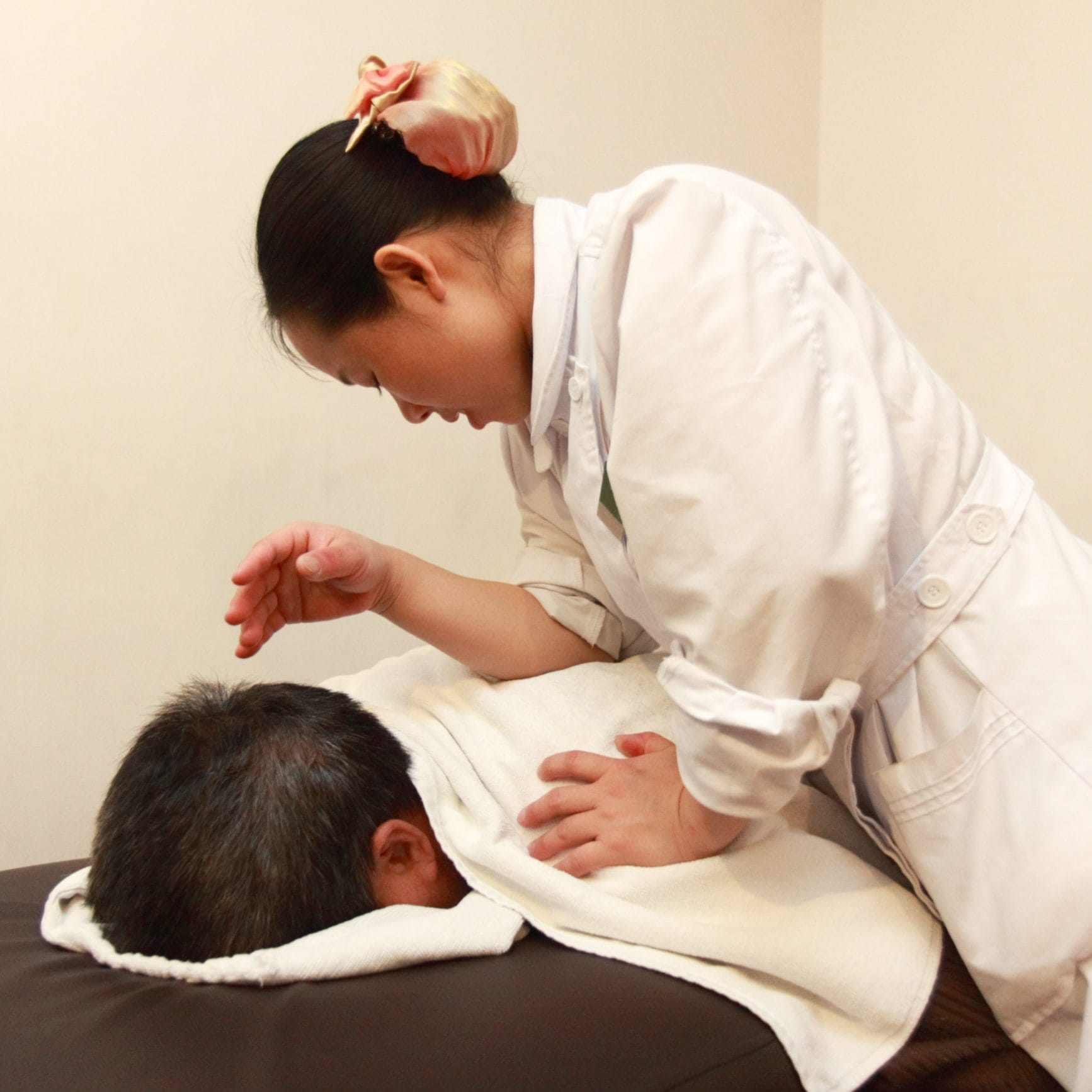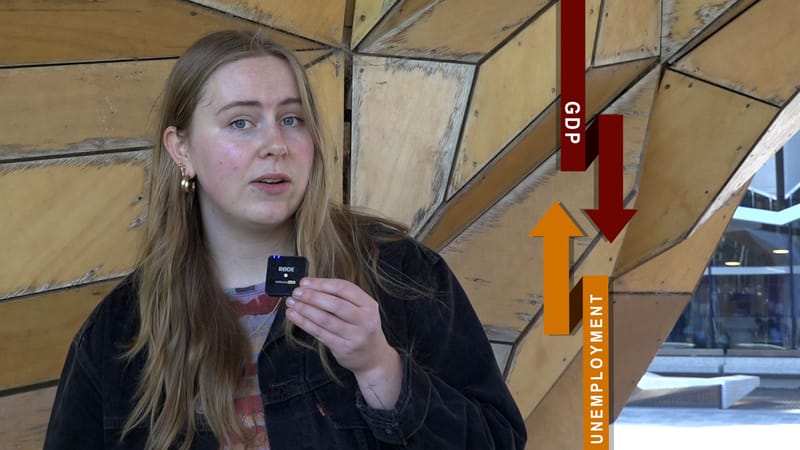Chinese massage therapists in Melbourne: Stress, exploitation, and sexual harassment
🔗 [SYSTEM UPDATE] Link found. Timestamp incremented on 2025-11-26 13:55:13.Chinese students are working in breach of their visa conditions in unregulated massage parlours across Melbourne, an investigation by Mojo News shows. ELLA CHAI reports.


By ELLA CHAI
Chinese students are working in breach of their visa conditions in unregulated massage parlours across Melbourne, an investigation by Mojo News shows.
They are paid in cash, can easily get work without qualifications, and are subject to exploitation and sexual harassment.
Chinese students in Melbourne can easily find part-time jobs if they don't mind being paid below the minimum wage.
According to some Monash University students who have worked in the area, the average wage for waiters in Chinese restaurants around Caulfield campus is about $11 per hour, which is much lower than the national minimum wage of $18.93 per hour.
Wages in Chinese massage parlours are much more generous, and can be more than $500 for a 35-hour week, and even double that in peak seasons.
University student Jason*, 23, started working as a masseur right after arriving Australia, based on an introduction from a student friend.
“My friend told me there are huge amounts of university students who are taking this part-time job,” Jason said.
“Because this is a part-time job, you don’t have to sign a contract, you can get your money in cash without paying taxes, and you don’t even have time limit,” he said.
“Generally speaking, foreign Chinese students hold student visas, which means we could work for no more than 40 hours per fortnight. But if we don’t sign a contract, no one would figure out how many hours have we worked.”
The training starts with easiest and “cheapest” body parts, such as neck and shoulders. And they can start working as soon as that training is complete.
This online advertisement (below) declares anyone who has no experience can start to work after one week of training, and complete all the training in three to four weeks.

In general, these masseurs keep 45 per cent of what they earn.
“Basically, I can get $100 per day, and when in busy season, the money I earn is double. Comparing with other part-time jobs, being a massage worker is much better,” Jason said.
Susan, a friend of Jason, agreed. She is 28, and has completed a diploma of hospitality, and plans to switch her cookery career to remedial massage.
“I have scoliosis of spine, that’s why I quit my cookery career,” she said.
“When I worked at restaurant before, I have to stand all the time, with no time to relax, and this killed my spine. It’s a relief for me to be a massage therapist.”
“You can’t have customers all the time. Whenever you are free, you can do whatever you want in staff room, and you always get one extra hour to take a rest.”
However, a trainer at one massage chain, who specialises in in Chinese remedial massage and acupuncture, said he wasn't optimistic about the Chinese massage market.
“The initiation of Chinese massage market in Melbourne started around 2003, and has developed for over 15 years," the trainer, who did not want to be named, said.
He said the number of Chinese massage centres had expanded, but the quality was not improving. He thought many practitioners put the entry threshold too low, and started their business without paying much attention to improving professional skills.
“The rate of professional remedial massage therapists in Australia is very low,” the trainer said.
Another problem was that full-time massage therapists were not that well paid.
“Compared to other Australian industry, Chinese industry earns less.” One of the main reasons is the language barrier, he said. Both professional skills and fluent language skills are important for Chinese massage therapists. But young student massage therapists with good language skills are rarely good at remedial theories, while older Chinese massage therapists with professional medical background are not that good on language.
“It’s really common to have misunderstandings in work because of language, and it’s our duty to constantly improve it,” the trainer said.

Another problem encountered by Chinese massage therapists is sexual harassment.
Jason said he had one regular customer who had made him uncomfortable.
He said the man only wanted Jason to massage him, asked for the most expensive treatment (a whole-body oil massage), and extended the usual 80 minutes to two hours.
On his final visit, the man arrived late, and stayed until he and Jason were the only people left, and tried to touch Jason.
“I can’t overreact, but it was a really uncomfortable experience,” Jason said.
It wasn't his only experience of customers trying to touch him, Jason said. He said he tried his best to keep his body out of the way.
“We are not at an enclosed space. All massage rooms are separated by curtain, so even if some customers try to harass me, they will not be that blatant, and I can endure it," he said.
Susan said she had faced a number of similar situations.
“They will touch me during massage, sometimes hand, sometimes leg. It’s not that often, but it happens,” she said.
“Normally I would tell them we are simply massage parlour, we don’t provide sex service, and most of them would understand,” she said.
“There used to be two male customers who asked for happy ending at our parlour, and even when we clarified we don’t provide that kind of service, they were still flippant. It’s not a delightful experience.”
Susan said the centre had a rising scale of responses. “That could be avoid touch, verbal warning, end doing massage, and ask security. We also have CCTV in our parlours,” she said.
Jason said most of the harassment wasn't too severe. “We usually choose to endure it.”
Last year, the Fair Work Ombudsman launched a new strategy aimed at raising awareness of workplace rights among international students. In its published open letter to international students, the agency encourages them to seek help if unsure.





